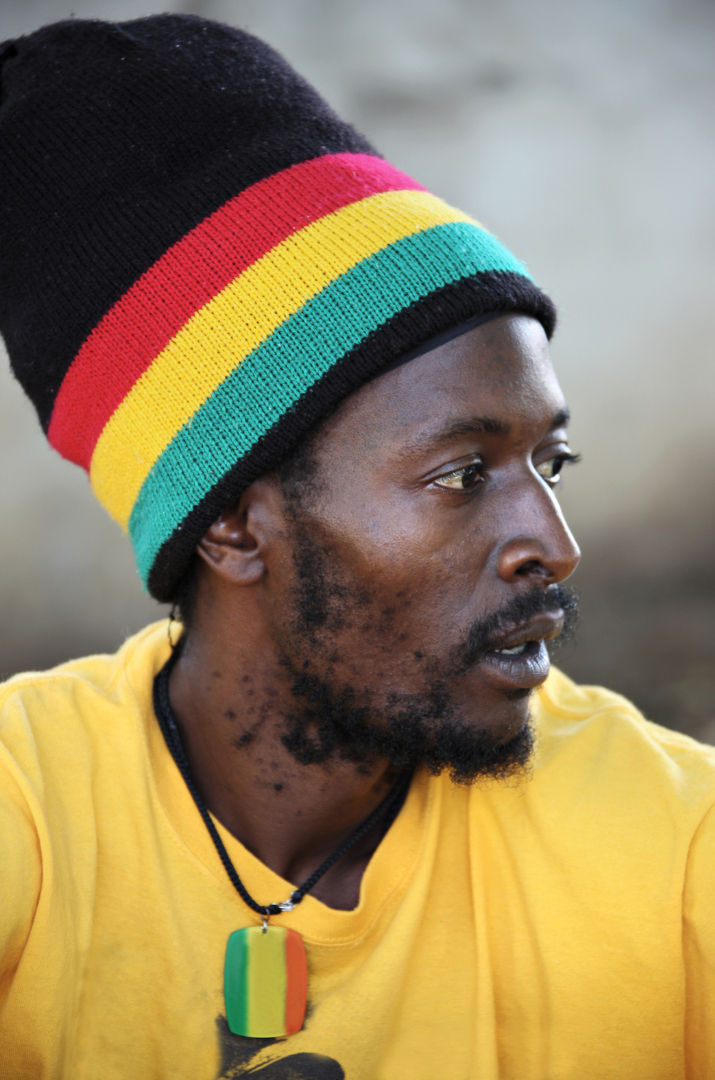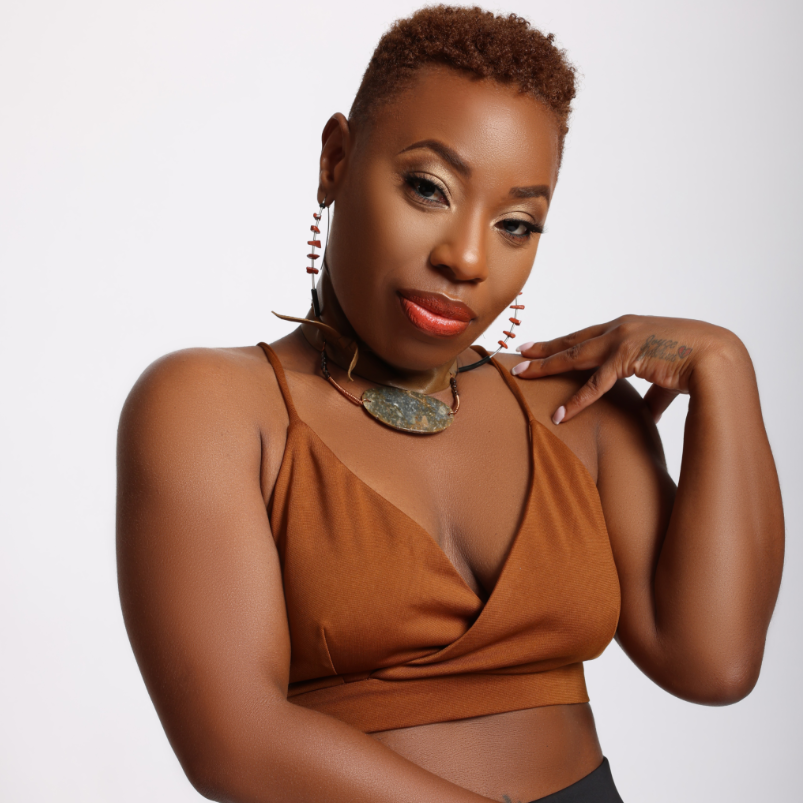They Cut His Crown: Why the Supreme Court Case About a Rastafarian Man’s Dreadlocks Matters to All of Us
- Angel Indigo
- Jul 9
- 3 min read
By Someone Who Loves, Lives, and Protects Natural Hair

Let me tell you a story that should shake every natural hair professional, client, and parent to their roots.
A man named Damon Landor, who practices the Rastafarian faith, was sitting in prison in Louisiana. As part of his religion, he had grown his dreadlocks — not for fashion, not for fun, but as a sacred vow to God. Rastafarians don’t cut their hair because they believe it’s part of their spiritual journey. It’s a connection to their Creator. Their locks are their crown.
At first, the prison respected that. They even gave him a “rastacap” to cover his hair. But then he got transferred to another prison.
And that’s when everything changed.
Guards held him down.
They shaved his head bald.
They threw away the paper he had — a real legal document that said his religion gave him the right to keep his hair.
No warning. No discussion. Just… gone.
Imagine someone holding you down and cutting off years of your spiritual journey in a matter of minutes. That’s not just about hair. That’s violence. That’s erasure.
⸻
So Why Is the Supreme Court Involved?
There’s a law called RLUIPA — the Religious Land Use and Institutionalized Persons Act (a mouthful, I know). It says that people in prison still have the right to practice their religion, unless the prison has a very serious reason to stop them.
Landor’s team used that law to try to sue the guards who shaved his head. He said, “You violated my rights. You harmed me. You should pay for what you did.”
But the lower courts said no. They said he couldn’t sue the people who did it — only the state itself. So no one was held personally responsible.
That’s when it got real.
Now the Supreme Court — the highest court in the country — has agreed to hear the case. They will decide:
Can people like Landor sue individual prison workers when their religious rights are violated?

Why Should Kids — and Everyone Else — Care?
Let’s break it down real simple:
If you care about your hair, this is your business.
If you care about your faith, this is your business.
If you think people should be treated fairly, even in prison — this is your business.
Right now, someone can hurt you, disrespect your beliefs, and face no real consequences if they work for the state. That’s the hole this Supreme Court case is trying to fill.
Because hair is never just hair. Not for us.
Not when it’s been used as a reason to fire us, expel us, arrest us, and now, shave us against our will.

What Happens Next?
The case, called Landor v. Louisiana Department of Corrections, will be argued in the Supreme Court in October 2025.
A decision will likely come in summer 2026.
If the court rules in Landor’s favor, it would mean that you can sue the actual people who violate your religious rights — not just the system they work for.
If the court rules against him, the law stays the same: no personal consequences for people who strip someone of their spiritual identity.
⸻
Why the Natural Hair Industry Must Watch This
We talk about “loving your crown” every day. We do twist-outs, we protect curls, we braid blessings into every strand. But the fight to protect our hair isn’t just happening in salons. It’s happening in courtrooms.
If the Supreme Court rules in Landor’s favor, it will set a new standard:
That your crown is sacred — even in the eyes of the law.
That no one has the right to touch your spiritual expression without your consent.
That locks, kinks, coils, and curls are protected — even when the world tries to say they’re not.

What Can You Do?
Share this story with your clients, students, and peers.
Talk to your kids about why this matters.
Stay informed when the decision drops in 2026.
Support organizations that defend religious and hair-based rights.
Because this case isn’t just about Damon Landor. It’s about all of us who’ve ever been told our hair was too much. Too long. Too wild. Too Black. Too spiritual.
It’s about keeping our hair — and our dignity — intact.
The Gist:
This article tells the powerful story of Damon Landor, a Rastafarian man whose dreadlocks were forcibly shaved in prison despite his religious beliefs, sparking a Supreme Court case about personal accountability for religious rights violations. The outcome of Landor v. Louisiana Department of Corrections could set a precedent allowing individuals to sue state workers who violate those rights. It underscores that for many, hair is deeply spiritual and personal — and that protecting it is a matter of justice, dignity, and freedom.




In a world where children can choose to "change or disregard their gender", this is so unacceptable.